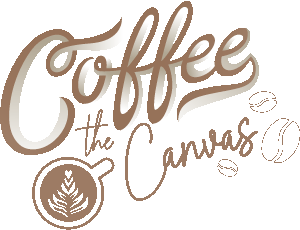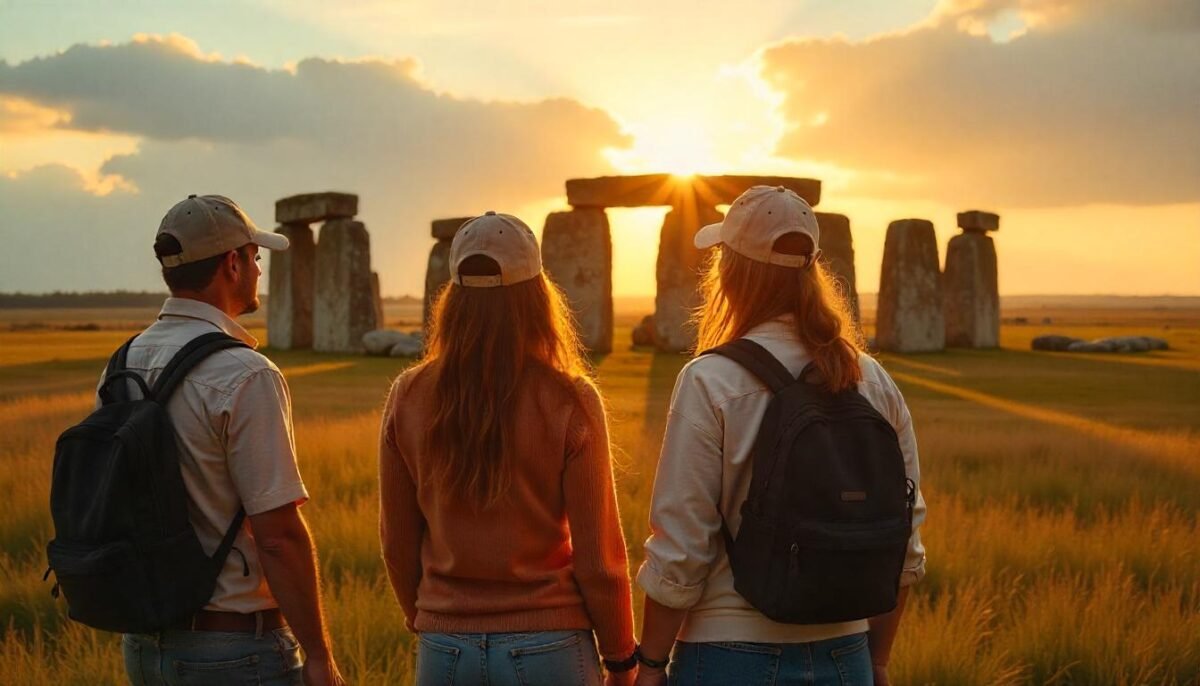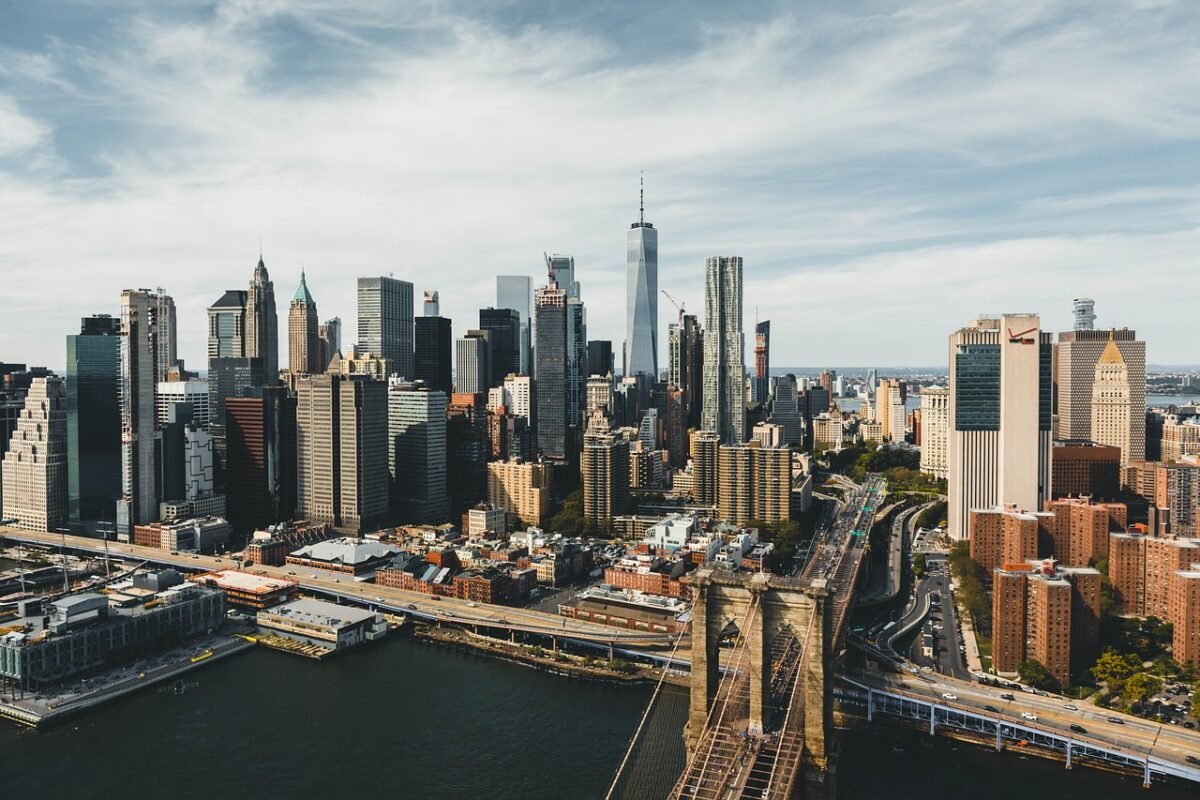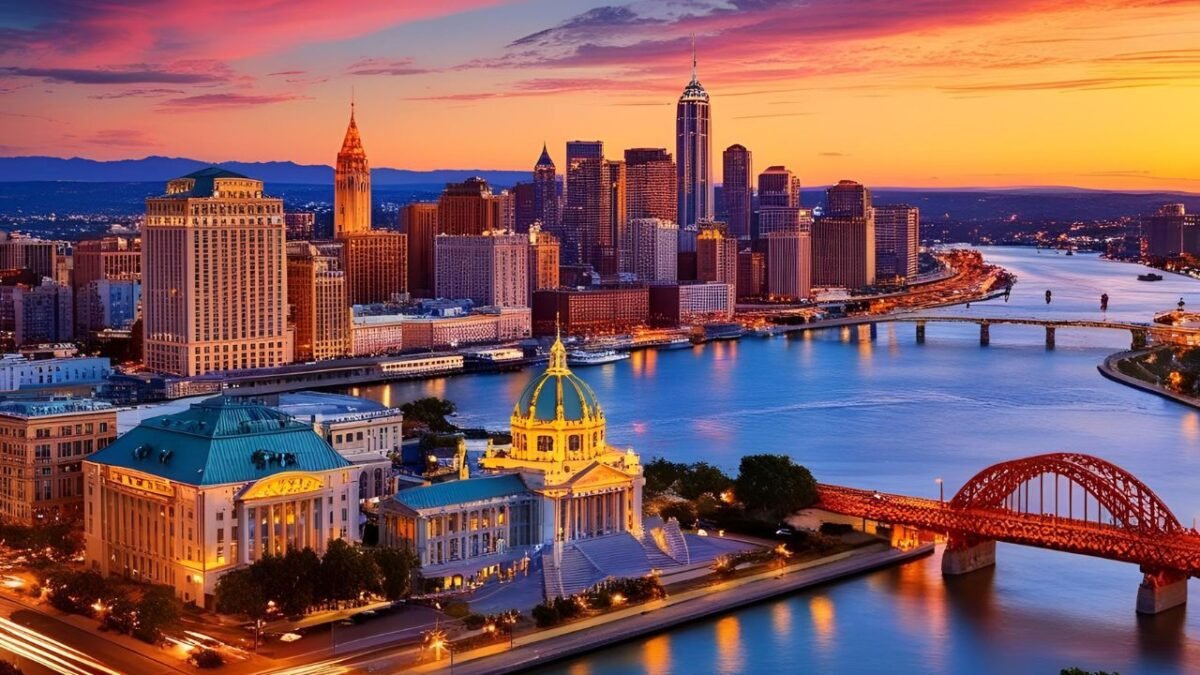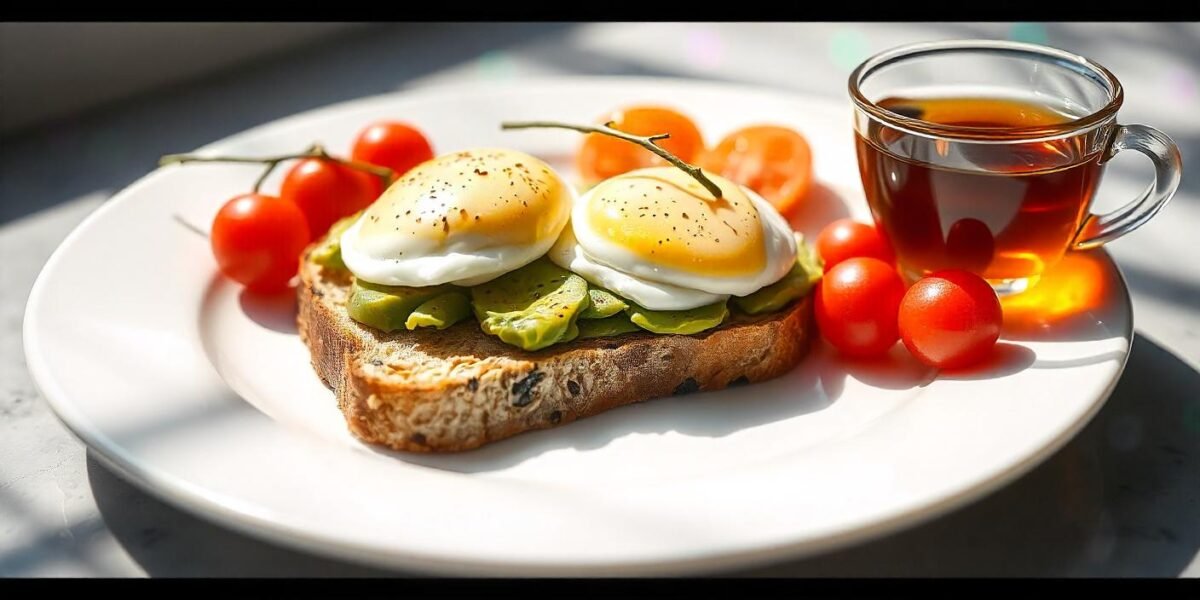Whether you’re sipping tea in a quaint English village or navigating the London Underground during rush hour, the UK can be full of surprises — especially for first-time visitors. As charming and welcoming as the country is, the cultural quirks can catch tourists off guard. Here are five of the biggest cultural shocks that travelers often face when visiting the UK 2026.
1. Politeness Overload – But It’s Not Always Friendly
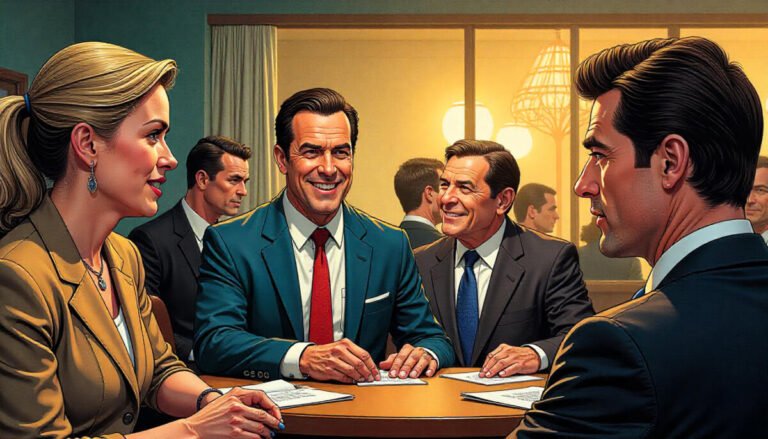
Visitors often assume that the British are overly polite — and they’re not wrong. You’ll hear “sorry,” “please,” “thank you,” and “excuse me” more times than you can count, even when no one has done anything wrong.
But here’s the twist: this politeness is often more about social codes than genuine warmth. A passive-aggressive “interesting” or “lovely” might not mean what you think it does. And the infamous British sarcasm? That can be hard to detect for non-native English speakers. For example:
“That’s brave” = I wouldn’t do that in a million years.
So while the British are generally kind and well-mannered, don’t confuse politeness with personal friendliness right away — it’s all part of the cultural dance.
2. The Pub Culture – More Than Just Drinking
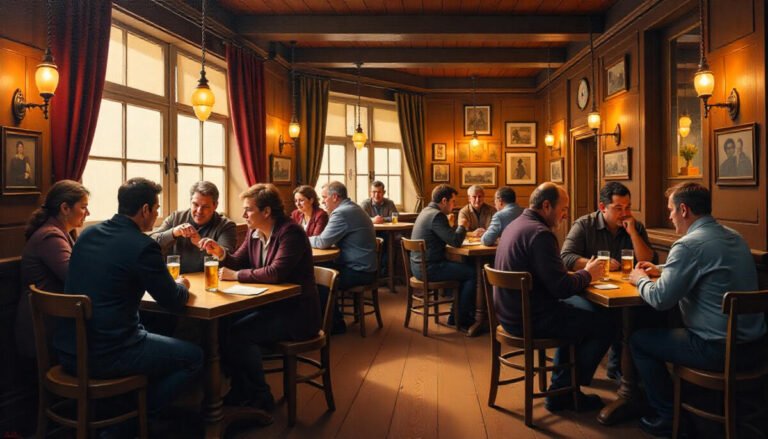
In the UK, pubs are not just about alcohol. They’re social institutions — places to gather with friends, meet colleagues, enjoy Sunday roasts, or even take your dog. It’s completely normal to see children and families in a pub during daytime hours, which can surprise tourists from countries with stricter drinking environments.
Also, be prepared for something tourists often miss: you have to go up to the bar to order — no table service. And tipping? It’s not required, though rounding up to the nearest pound is appreciated.
If you’re curious about British pub etiquette and local pubs, check out CAMRA’s Good Beer Guide — the go-to source for real ale and authentic pub experiences.
3. Driving (and Walking) on the Left
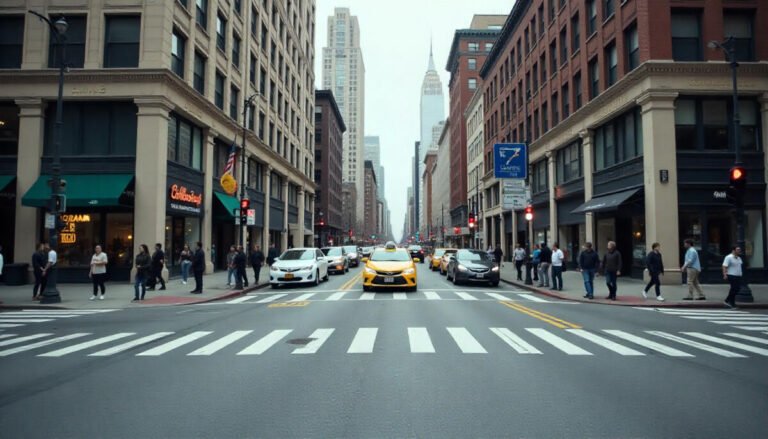
You’ve likely heard that Brits drive on the left — but what catches many people off guard is how it affects everything else. Pedestrians often walk on the left side of staircases, escalators, and pavements (especially in London). If you instinctively move right, you’ll likely cause confusion or even a minor traffic jam.
Crossing the street can also feel like a mind game. Always check both directions, and look down — many UK cities paint “Look Right” or “Look Left” on the roads to help confused tourists.
If you’re planning to rent a car, be prepared for narrow roads, roundabouts, and tight parking spots — especially in rural areas or historic towns.
4. British English Isn’t the English You Know
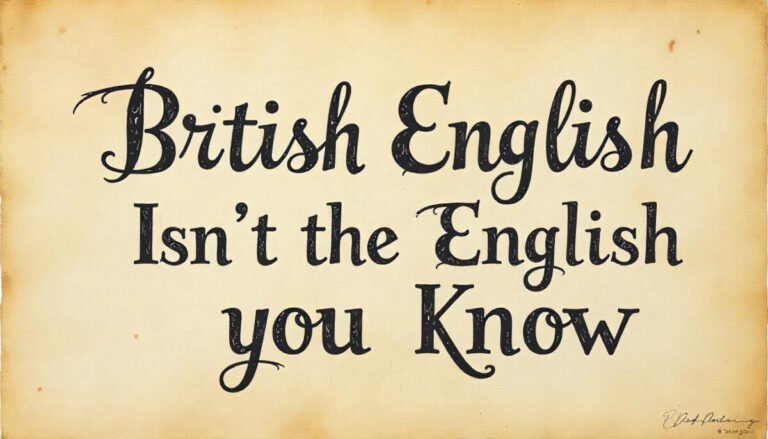
Even fluent English speakers can feel lost in the UK. Why? Because British English is full of colloquialisms, slang, and words that don’t always match American usage. A few examples that leave tourists scratching their heads:
“Loo” = bathroom
“Bin” = trash can
“Cheers” = thanks or goodbye
“Fancy a cuppa?” = want a cup of tea?
Even simple phrases like “You alright?” — which means “hello” — can confuse tourists who think they look sick or upset.
Want to prep yourself for these phrases? BBC Learning English has great resources on British idioms and everyday speech.
5. Everything Closes Early (and Sundays Are Different)
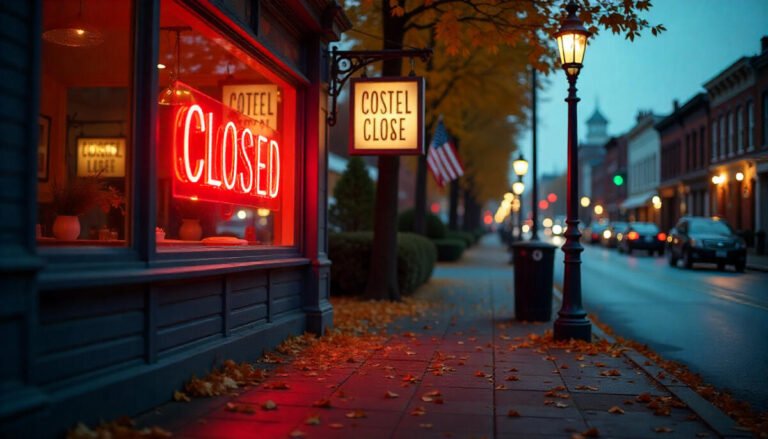
Tourists from the U.S. or Asia are often shocked by how early everything closes — especially outside major cities. Many shops and cafes shut by 5:30 or 6 PM, and pubs often stop serving food around 8 or 9 PM.
Sunday trading laws are still in effect in much of the UK, meaning stores open late (often after 10 AM) and close early. This can be frustrating for travelers expecting 24/7 convenience.
If you’re heading to a smaller town or countryside area, it’s a good idea to plan your meals and shopping in advance — especially on Sundays.
6. Queuing Is Sacred
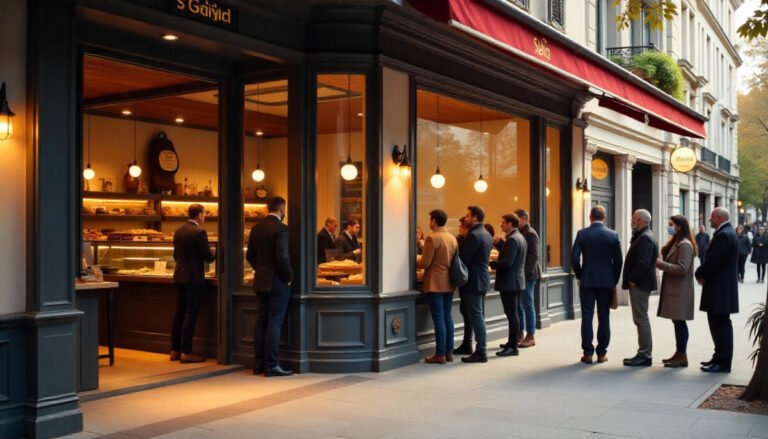
The British don’t just queue — they respect the queue. Cutting in line, even accidentally, can cause serious offense and result in passive-aggressive muttering or stern looks. Whether it’s for a bus, at a shop, or even at a pub bar, queues are a cornerstone of social order.
Want to blend in? Always look for the line (even if it’s informal), wait your turn, and never jump ahead. People will notice — and not in a good way.
7. Sarcasm and Understatement Are a Way of Life
British humor is dry, subtle, and often self-deprecating. It can be tough to interpret if you’re used to more direct styles of communication. A joke may sound like a complaint. A compliment might actually be sarcasm.
For example:
“Not bad at all” could mean “absolutely brilliant.”
“Could be worse” might mean “this is a disaster.”
It’s not rudeness — it’s wit. If you’re unsure whether someone is joking, they probably are.
8. Don’t Expect Ice in Your Drink
Order a soft drink or water at a restaurant and you might notice something missing: ice. Unlike in the U.S., the British rarely fill glasses with ice cubes. Drinks are usually served chilled, but not freezing.
If you want ice, you may have to specifically ask for it. Even then, you might get two or three cubes at most. It’s just not a big thing in the UK.
9. The Weather Obsession Is Real
The British love to talk about the weather — rain, clouds, surprise sun, more rain. It’s the go-to small talk and a safe topic in almost any situation. You’ll hear it at bus stops, in shops, in casual chats with strangers.
Despite the stereotype, it doesn’t rain all the time. But the unpredictability is real — it can be sunny and pouring within an hour. Carry an umbrella or a lightweight raincoat just in case.
10. Taps Are Often Separate — Hot and Cold
In many older UK homes and public bathrooms, you’ll find two separate taps at the sink: one for scalding hot water and one for freezing cold. Mixing taps (or “mixer taps”) are common elsewhere in the world but still not universal in Britain.
Visitors often end up darting between taps or using a sink to mix their own water. It feels odd at first, but it’s one of those uniquely British things that just is.
11. Outlet Switches – Yes, You Have to Turn Them On
In the UK, every electrical socket has a switch. Plug in your charger, and nothing happens unless you flip the switch next to it.
Tourists often think their devices are broken, only to realize they haven’t turned on the outlet. It’s a safety feature — and once you get used to it, it actually makes a lot of sense.
12. No Air Conditioning – Even in Hotels
Despite the occasional heatwave, most homes and even many hotels or restaurants in the UK don’t have air conditioning. Summers have historically been mild, so A/C has never been the norm.
But climate change has brought hotter days in recent years, catching both locals and tourists off guard. If you’re visiting in July or August, pack light clothing and look for hotels that do advertise A/C — many don’t.
13. The Toilet May Be Upstairs, Downstairs... or Hidden
Looking for the restroom? You might be sent on a journey — down a narrow staircase in a pub, through the back of a café, or up to a second floor in an old building. Signage isn’t always obvious either — sometimes it says “Toilets” or “Loo”, and symbols can vary.
Don’t hesitate to ask staff for directions. And don’t expect to find public toilets easily in smaller towns or parks. Some charge a small fee or require contactless payment.
Final Thoughts: Embrace the Quirks
Traveling to the UK is an incredible experience, but the cultural differences can catch you off guard if you’re not prepared. From dry humor to pub rules, these little shocks are all part of what makes Britain so wonderfully unique.
The best way to handle culture shock? Stay open-minded, ask questions, and when in doubt — just say “sorry” with a smile.
FAQs
Q: Do British people really drink that much tea?
Yes! Tea is practically a religion in the UK — and offering someone a cup is a universal gesture of comfort or hospitality.
Q: Is tipping expected in restaurants?
Not as much as in the U.S. — 10-12.5% is standard, and sometimes already included in your bill as a “service charge.”
Q: What’s the best way to avoid culture shock?
Research beforehand, be respectful of local customs, and keep a sense of humor. Understanding small differences goes a long way.
